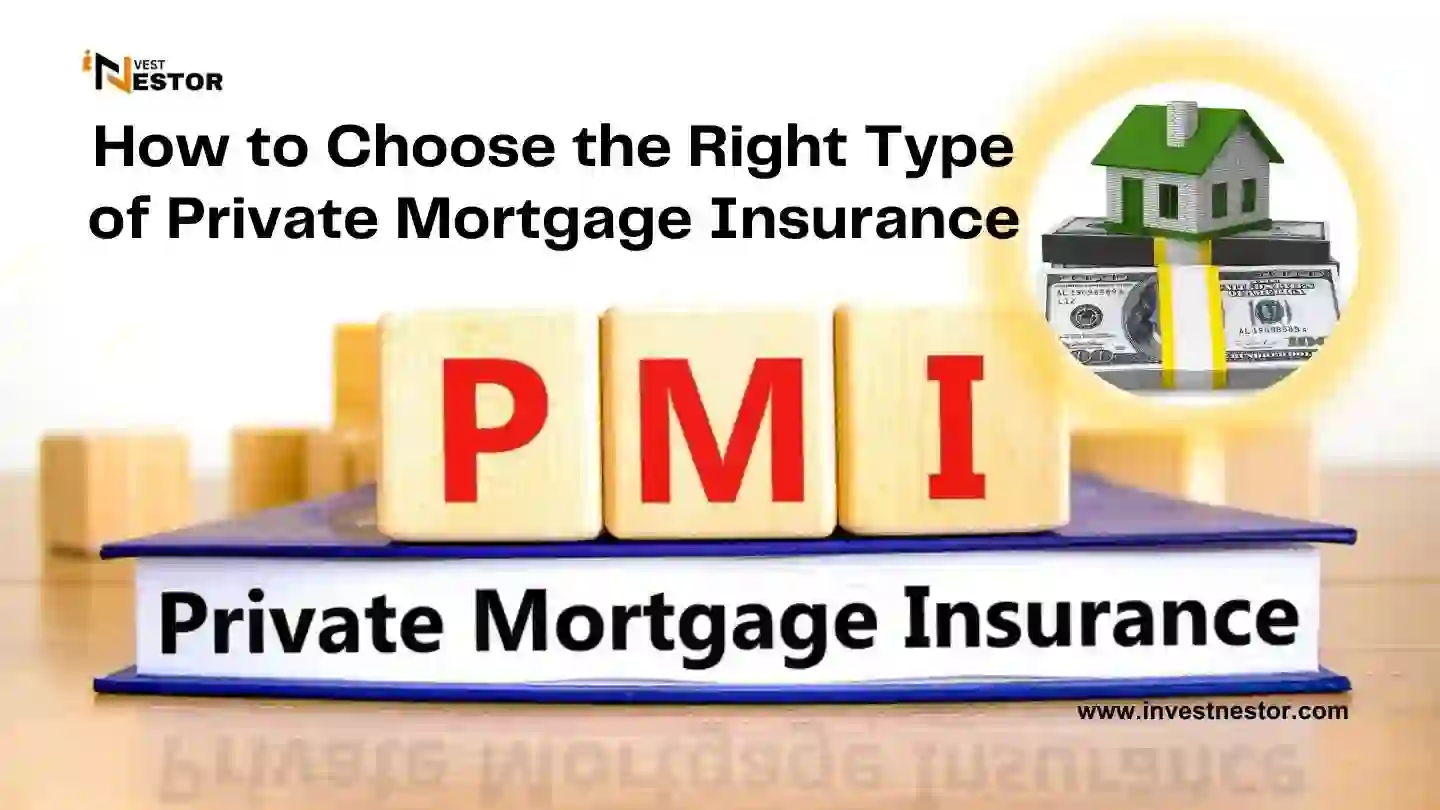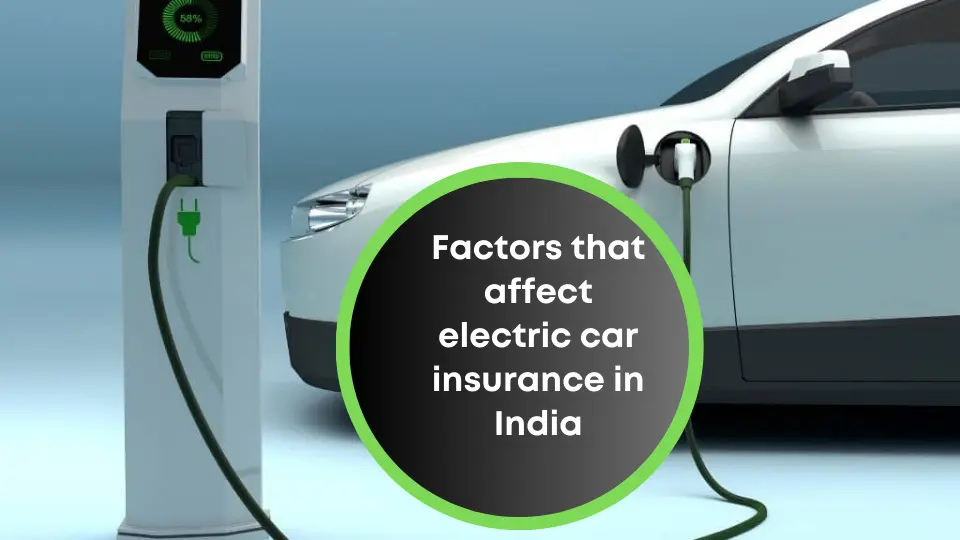
Private Mortgage Insurance (PMI): What Is PMI and How It Works
Many buyers find 20% down payments unappealing. However, mortgages with less than 20% down require private mortgage insurance. This allows homeownership with lower down payments despite added insurance costs.
The lender covers the break of the mortgage insurance if you can't afford to pay regularly; in this way, they make sure that they have enough funds to cover your bouncing back. Lenders require this insurance where the down payment is less than 20% of the cost of the house.
Key Highlights
Private mortgage insurance (PMI) is a monthly fee with a conventional mortgage that does not provide a 20% down payment.
If PMI is the loan condition or the mortgaged debt drops to a certain percentage of home value, the PMI should end.
Eligibility for private mortgage insurance depends on the loan amount, down payment, mortgage terms, and credit history.
What is Private Mortgage Insurance?
Traditional PMI-paying buyers pay for PMI monthly. Typically, it concerns those lenders who have less than 20% equity. The borrower is the one who pays for PMI, but it is included to protect the lender who is taking more risk by giving a bigger loan and asking for less deposit.
NPMI no longer becomes your permanent expense. As a homeowner, the Consumer Financial Protection Bureau requires the lender to release it when the mortgage debt reduces to 78% of the home's initial value or when you have reached the midpoint of your loan term.
Once your mortgage payments reduce your loan amount to 80% of your home value, you can ask your servicer to stop paying for PMI before the date specified in your contract. Should your property's market value increase to 20% equity, you can try to remove PMI. The house appraisal fee may be required to be paid to corroborate the property value.
How Much Is PMI Insurance?
The Urban Institute's Housing Finance Policy Center reports that standard house loan PMI costs 0.46% to 1.50% of the loan amount every year. The amount depends on the credit score. PMI costs more for consumers with weaker credit ratings. The calculator assesses PMI expenses to help you budget for a property. At these rates, a $300,000 PMI on the mortgage might cost $1,380 to $4,500 yearly or $115 to $375 monthly.
Editor Picks: Best Vacant Home Insurance Policy Coverage Options and Benefits
What Type of Insurance Is PMI?
If you have a traditional mortgage with a down payment under 20%, you must obtain private mortgage insurance (PMI). PMI protects the lender against any potential default by you, not you, from any circumstances that can hinder payment.
Who Pays Private Mortgage Insurance?
They will pay their PMI until they have accumulated sufficient equity in the house for the lender to no longer consider them risky. The range of the annual PMI rates is from 0.5% to 2%, depending on factors like the size of the down payment, mortgage size, loan term and borrower's credit score.
What Is Private Mortgage Insurance Insurance Used For?
PMI is usually used for conventional mortgage loans.
The payment for PMI is usually made every month, and the rates also depend on the loan balance, which varies between 0.1% and 2%.
Private Mortgage Insurance Requirements
Mortgage lenders usually require PMI when the down payment is less than 20% of the home's purchase price. It protects the lender from default risk by insuring the portion of the mortgage value above 80%. PMI payments are added to the regular monthly mortgage payments until equity reaches 20% through repayment of principal and/or home appreciation.
Private Mortgage Insurance (PMI) Payment schedule
The PMI is part of the monthly amortization payment. The PMI payment amount depends on the LTV of the initial loan, and it decreases by one percentage point annually until it reaches 78% LTV. When equity reaches 20% PMI, it can be cancelled by requesting the cancellation from the lender.
Suggested Articles: What Are the Top Ten Ways to Lower Your Car Insurance Rates
Types of Private Mortgage Insurance
Get to know the different types of private mortgage insurance and find the right one for your needs.
1- Borrower-Paid PMI
Some refer to borrower-paid PMI, while others borrower-paid MIP. Monthly payments you make for your mortgage may include mortgage insurance premium payments, which will terminate automatically if you have 78% equity in your home or when your mortgage has exceeded 20% of your house's value.
2- Lender-Paid PMI
Whereas lender-paid mortgage insurance is alluring, it is still your money that will be paid. On your mortgage statement, a higher interest rate will replace the number on which you make a premium payment. The Lender-paid PMI cannot be stopped like the Borrower-paid insurance. Refinancing is a major solution to the PMI-paid lender PMI problem.
3- Single-Premium PMI
Single-premium PMI pays the premiums in one big sum instead of monthly instalments. Depending on the circumstances, you can pay this amount in full at closing or roll it into the loan for a greater sum. Paying it ahead lowers mortgage payments. You may lack the cash to do this. If you sell your property before stopping PMI, you may lose money. If so, you paid premiums upfront for free.
4- Premium Split PMI
A split-premium PMI plan requires a greater upfront price to cover half of the insurance expenses and monthly payments for the rest. This technique combines single-premium and borrower-paid PMI advantages and downsides. You need less cash to pay the upfront premium, and your monthly payments will be lower. High debt-to-income ratios can benefit from split-premium mortgage insurance. You can cut your mortgage payment to prevent a high DTI for the loan.
Key Factors That Influence Private Mortgage Insurance PMI Cost
-
Your LTV Ratio: LTV quantifies the percentage of the home's purchase price you're financing versus its value. Your PMI payment rises with LTV.
-
Score Your Credit: PMI costs depend on your credit history and score. Assume a $300,000 borrower who paid a 3.5% down payment based on the Urban Institute data. The monthly mortgage payment amount with PMI is $2,018. For a buyer with a 620–640 credit score, this means a monthly payment of $2,269. One would realize how much higher the PMI premium is.
-
Type of Loan: You will pay a higher PMI if you choose an ARM rather than a fixed-rate mortgage since lenders face greater risks.
-
Your Down Payment: The PMI is avoided if a minimum 20% down payment is made. Below that cut-off, your monthly payment might vary greatly depending on how much you put down: Your PMI decreases as it approaches 20%.
Suggested Articles: Accidents Impact on Your Insurance and How to Lower Insurance Cost
How Much Does PMI Cost?
PMI rates typically range from 0.22 % to 2.25 % of your loan. How much you pay depends on two main factors: The total cost of the loan. Such mortgages with larger amounts require a higher PMI. Your credit score: The lenders usually set lower PMI percentages for the borrowers with higher credit scores.
PMI Removal Law
Yes. Your PMI is removable. Still, you won't have to ask the servicer to cancel PMI. Rather, in general, you will find that your servicer is required to terminate the PMI on the date when your principal balance is going to reach a 78% level of the original value of your house property. On that date, if you are a current payer, all you need is for your PMI to be cancelled.
How Do You Get Rid of Private Mortgage Insurance (PMI)?
PMI may be eliminated in several ways:
-
Please wait until it's automatically cancelled: Federal law requires your mortgage lender to automatically delete PMI one month after your term's midpoint or when your LTV ratio drops to 78%. PMI ends when your property has 22% equity.
-
You can request PMI deletion under federal law when you have 20% equity in your house. Your creditor or loan servicer may need an appraisal and written approval.
-
Revalue your property: The latest price hikes may add 20% to your house's equity, even if you are a new house owner. This valuation is essential in order to determine this.
When Is Private Mortgage Insurance (PMI) Required?
PMI or Private Mortgage Insurance is when a homebuyer puts less than 20% of the home's purchase price as a down payment. PMI is used as protection for the lender when the borrower is unable to repay the mortgage. Generally, Lenders are mandated to require this for typical loans, for example, when the loan-to-value ratio exceeds 80%. PMI can be cancelled once the homeowner has built up enough equity at a level of 20%.
Conclusion
There goes – Private Mortgage Insurance. You may qualify for private or insured mortgage insurance depending on your loan. Providing mortgage insurance allows you to acquire a loan with a little down payment, but it costs more and requires larger monthly payments.
FAQs
Are all lenders obliged to take PMI?
Most lenders require a mortgage insurance (MI) policy for conventional mortgages with a down payment of less than 20% of the property value. Some lenders call it "no-PMI" loans, but these are lender-paid insurance plans — the interest rate goes up in this case.
For how long do you pay the premium for PMI?
You'll pay PMI until you get an 80 per cent loan-to-value (LTV) ratio of 20 per cent equity in your home. This can be expressed mathematically as LTV = 80% or PMI = 20% equity. The loan servicer should end the PMI as soon as you reach a 78 per cent LTV ratio, as this LTV ratio is calculated based upon the home's original appraised value or halfway through your loan's term (that is, 15 years into a 30-year mortgage, for example).
Is PMI tax-deductible?
PMCs have been deductible on taxes through 21 tax seasons. The credit expired for the 2022 tax-paying period. The 2023 tax year regulations might get established at this moment.
Suggested Articles:






0 Comments
Add a comment